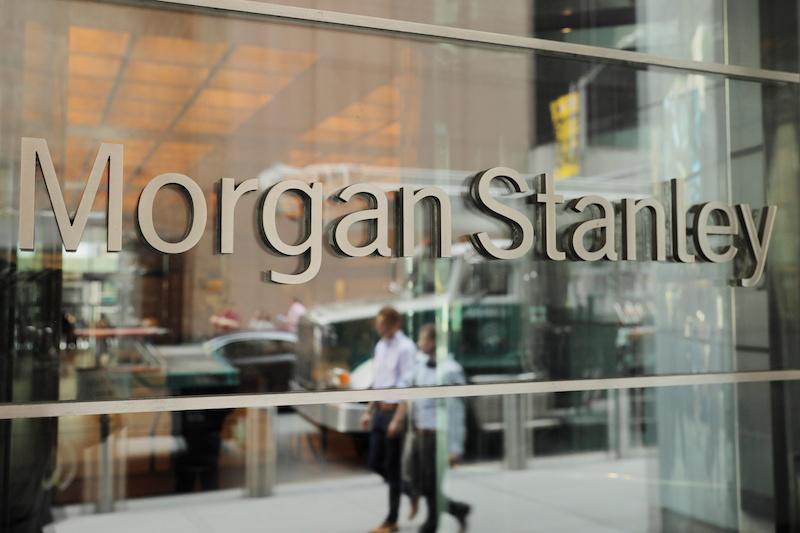Shares of Tesla Inc. were on track for a fifth straight session of losses on May 21, as Morgan Stanley analysts outlined a worst case scenario that could see the electric carmaker’s stock price fall as low as $10.
Another brokerage, Baird, was the latest to cut its price target for the Elon Musk-run company to $340 from $400, saying concerns over demand, credibility, and noise around the company have kept incremental buyers out of the market.





